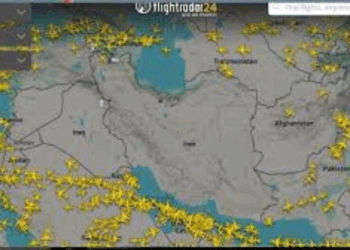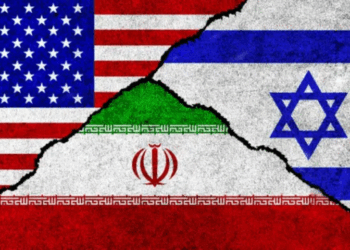By Ambreen Ali
Baju, November 24, 2024- COP 29 in Baku, the capital of Azerbaijan, has entered its final stages. Originally focused on climate-related issues, the conference was scheduled to conclude on November 22, but its duration has been extended, and it is now in the final stages. On Friday, a draft agreement was presented by developing countries, demanding that developed nations lead in providing $250 billion annually in climate financing by 2035. This proposal faced criticism from all parties involved. However, at the UN Climate Summit, governments worldwide are working on broader funding frameworks to address climate change.
The current draft at COP 29 proposes a funding amount of $250 billion by 2035, aimed at replacing the current $100 billion annual aid established in 2009. This funding will include direct financial assistance such as grants and private sector investments, which are expected to stimulate further support.
The host country, Azerbaijan, has appealed to participating nations to resolve their differences and reach an agreement on the financial pact in the final hours of the conference.
Key issues discussed at the conference included climate finance, which many countries identified as the most crucial factor for addressing climate change. Another significant topic was the National Climate Plans, along with discussions on transparency, particularly on completing frameworks for transparency. Additionally, international cooperation was highlighted, and the damages caused by climate change were also discussed, with an emphasis on the necessity of accepting the reality of climate change.
The central theme of this year’s COP 29 meeting is the financial aspect, referred to as “climate finance.” This is due to the immense costs associated with establishing clean energy systems, protecting countries from extreme weather events, and transitioning industries and transportation systems from petroleum to clean energy. Negotiators in Baku are hopeful that plans will be developed to provide more financial resources to promote clean energy and help countries tackle the challenges posed by climate change.
At last year’s COP 28 in Dubai, countries agreed for the first time to transition away from fossil fuels in the energy system. However, since then, there has been a global increase in the use and export of fossil fuels. Moreover, new areas for oil and gas production have been approved in countries like Azerbaijan, the United States, Namibia, and Guyana. It remains to be seen whether COP 29 will take significant action on climate change.








